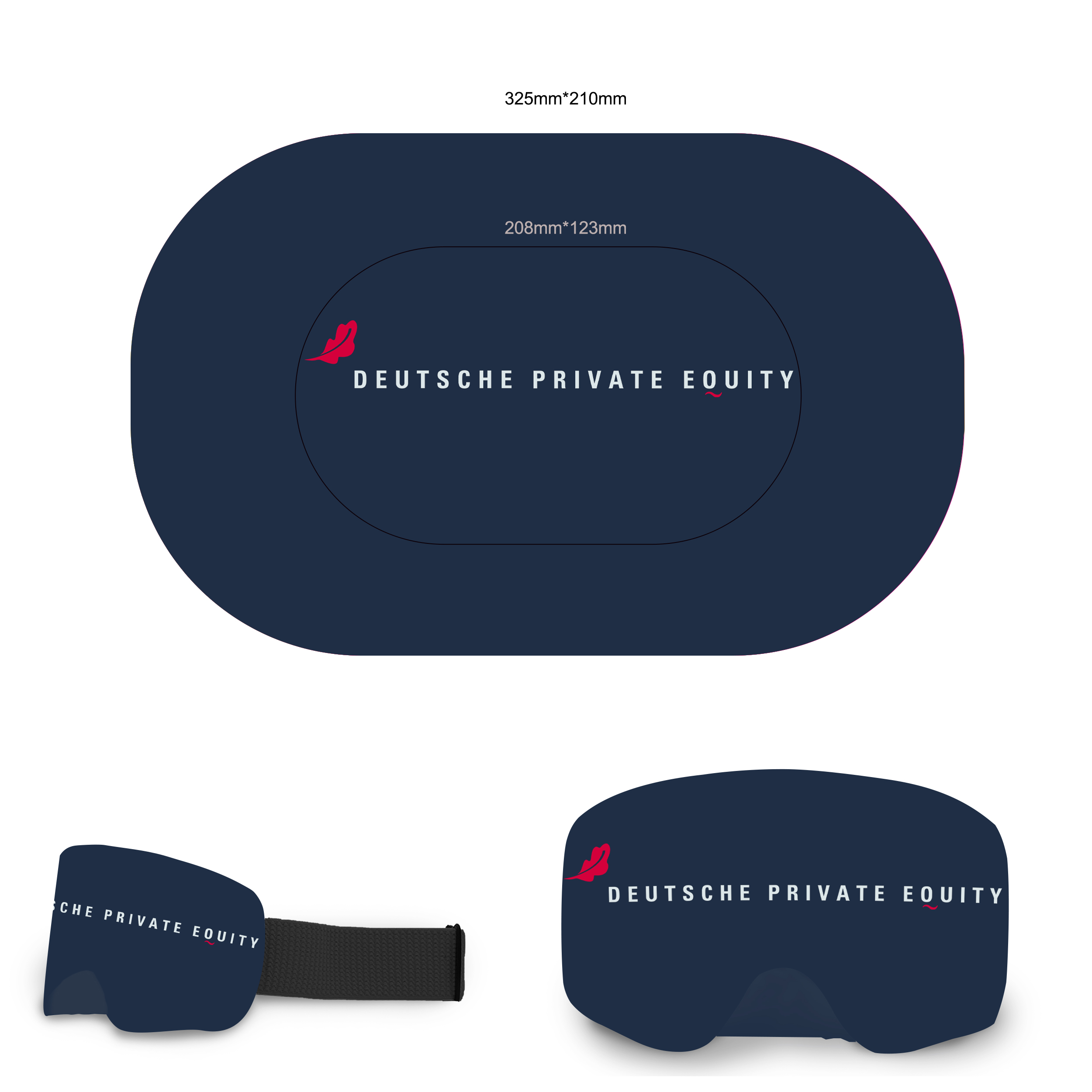
Copri maschera da sci personalizzata | Copri ..
Feb 08 - 2026

Feb 08 - 2026

Feb 01 - 2026

Jan 24 - 2026

When the Nobel Peace Prize was awarded to another leader this year, former U.S. President Donald Trump was reportedly furious. Within days, he reignited his favorite geopolitical battlefield: China. On October 10, Trump announced a 100% tariff on all Chinese imports, reigniting fears of a new trade war and signaling that his political strategy remains one of confrontation over cooperation.
Trump framed the decision as a defense of American jobs and industry. But critics argue the timing was no coincidence. After being passed over for the Nobel Peace Prize, Trump needed a dramatic gesture to dominate headlines and rally his political base. What better target than China — a familiar adversary that plays well with his “America First” audience?
By doubling existing tariffs, Trump claims to be protecting U.S. manufacturing. Yet economists warn this move could backfire, raising consumer prices, disrupting supply chains, and triggering retaliatory measures from Beijing. Many analysts see the 100% tariff not as sound economic policy, but as a politically motivated act of frustration and showmanship.
The new tariffs, scheduled to take effect on November 1, 2025, cover a wide range of imports — from electronics and textiles to machinery and promotional products. American businesses that rely on Chinese manufacturing, especially small and medium-sized firms, will face higher costs and uncertain delivery timelines.
China, meanwhile, is unlikely to stay silent. Early signals from Beijing suggest potential retaliatory tariffs and restrictions on U.S. technology exports. Such escalation could further strain the fragile balance in U.S.-China relations, already weakened by years of trade tension, tech restrictions, and geopolitical rivalry.
For Trump’s political supporters, this tariff serves as proof of strength. It taps into a sense of economic nationalism — the idea that tough action against China equals protection for American workers. However, the reality is more complex. Increased import costs often lead to higher prices for U.S. consumers, inflationary pressure, and a slowdown in global trade.
Even U.S. manufacturers may not fully benefit, as many rely on Chinese components to assemble finished goods. The trade war logic that tariffs equal protection has repeatedly shown to have unintended consequences.
Trump’s new 100% tariff announcement may look like an economic measure, but it reads more like a political performance — an emotional response to a symbolic loss on the world stage. Failing to win the Nobel Peace Prize, he instead chose conflict over peace, escalation over diplomacy.
Whether this decision strengthens America’s economy or merely deepens divisions at home and abroad remains to be seen. But one thing is clear: in Trump’s political playbook, every setback demands an enemy — and this time, it’s China again.